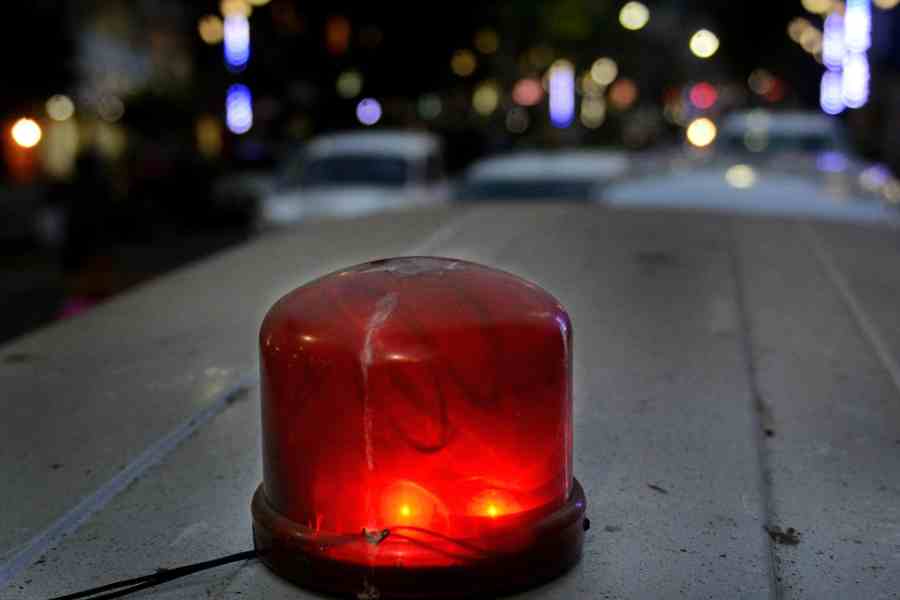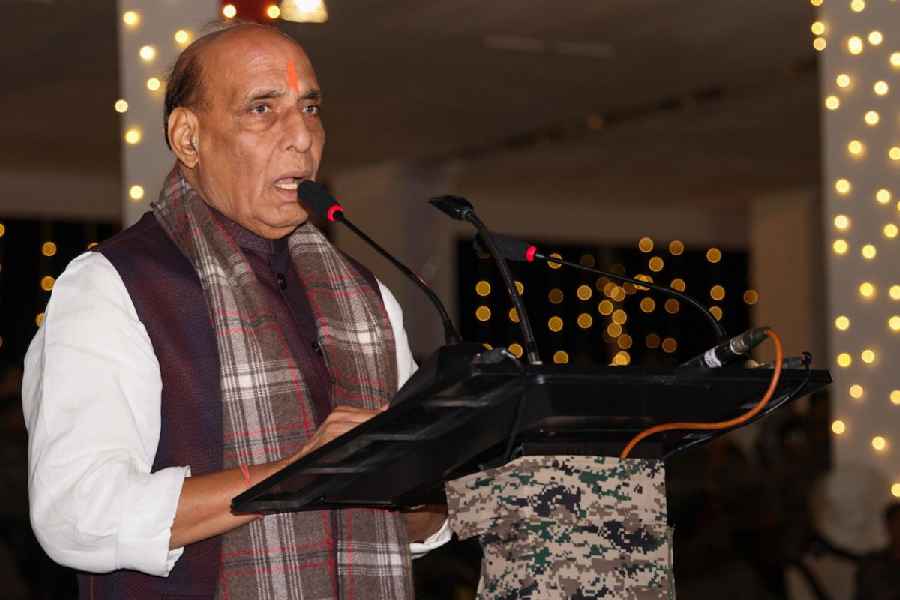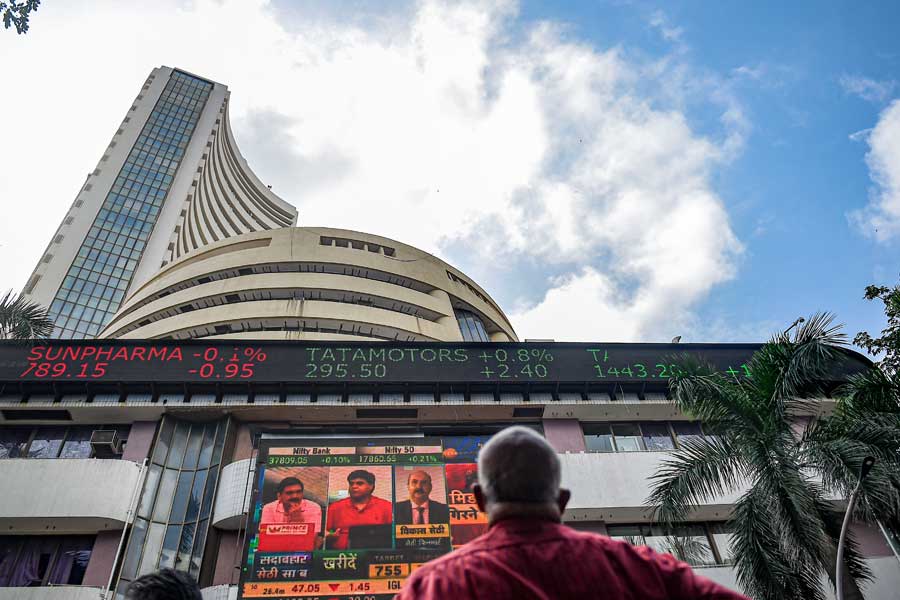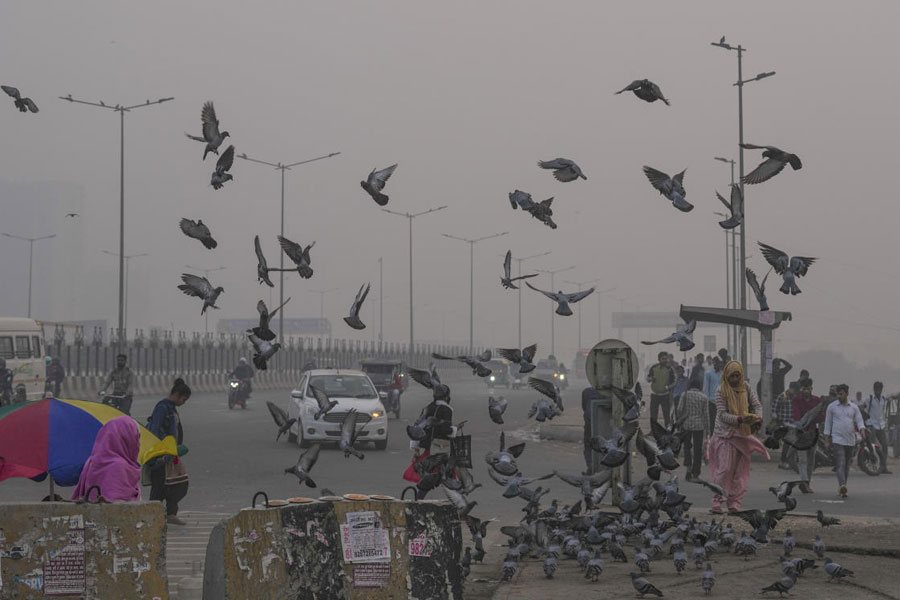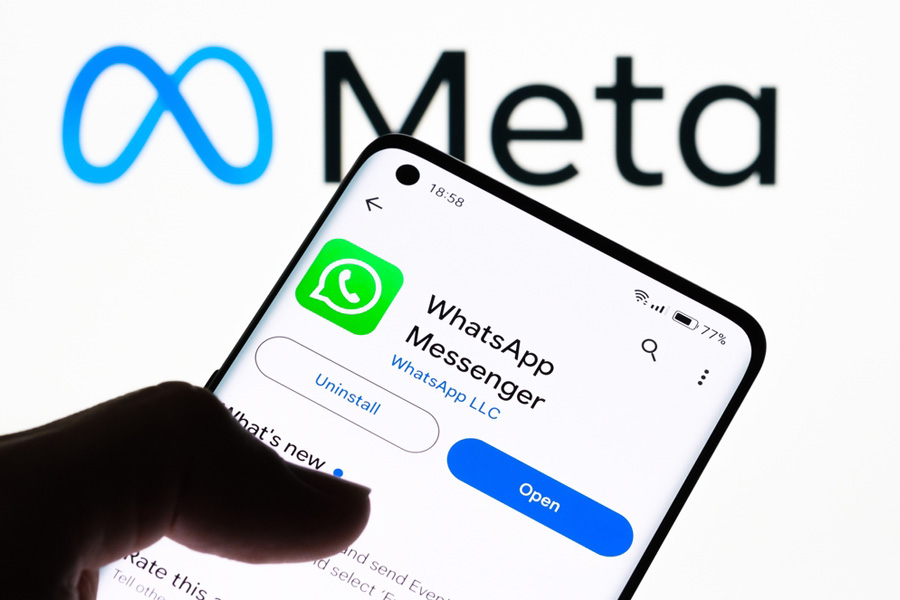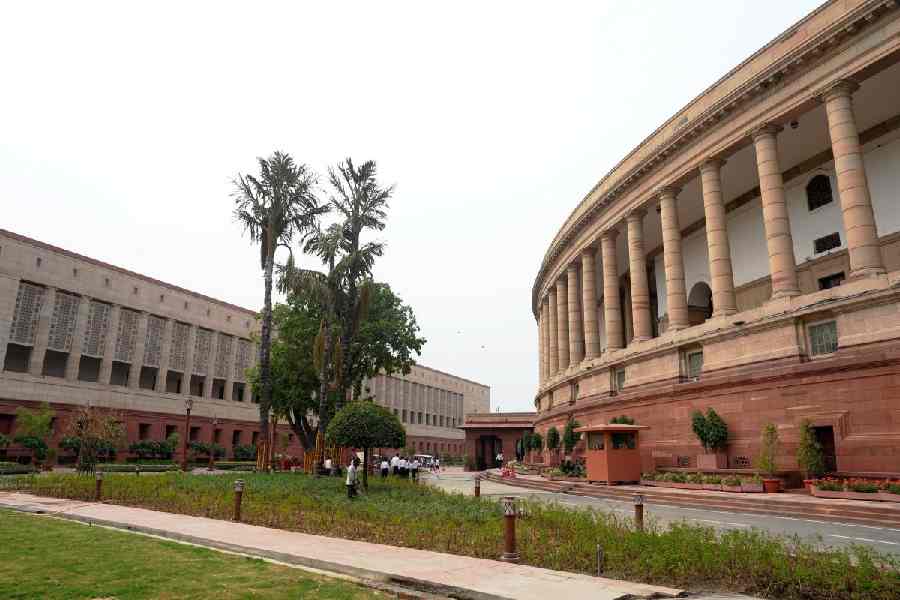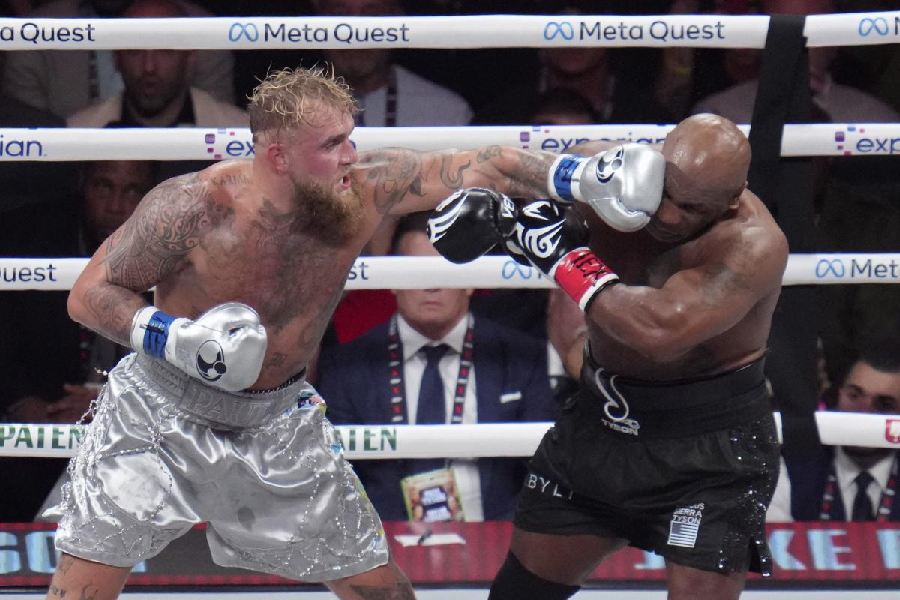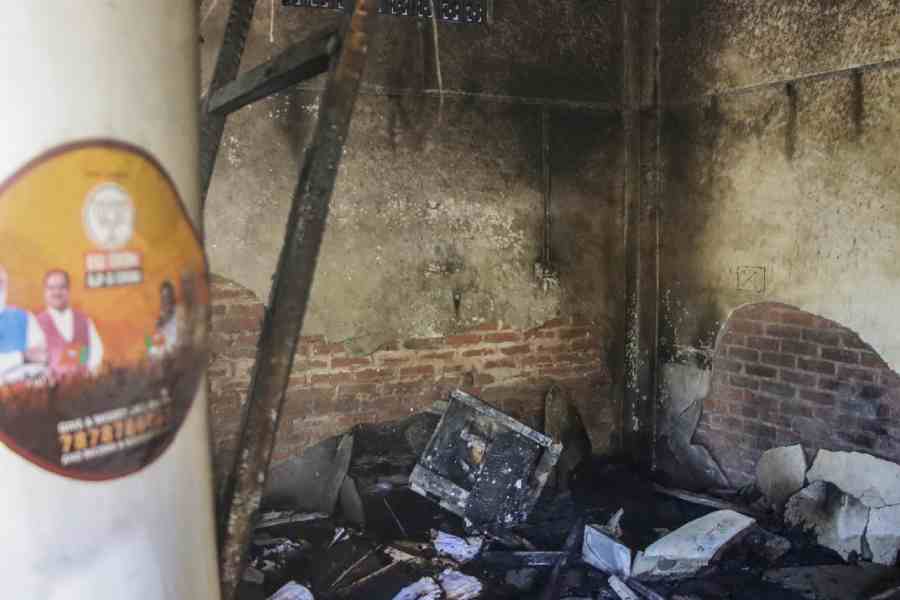India’s so-called "VIP culture" that prioritises a privileged few over others remains pervasive, visible on roads, in hospitals, even at temples, two in three Indians have told a nationwide online survey seven years after Prime Minister Narendra Modi asserted that "every person is important".
The survey by Local Circles, an online social media platform tracking citizens’ concerns, found that 46 per cent of the respondents considered the VIP culture "intact, very much there", 14 per cent believed it had "increased significantly", and 4 per cent said it had "increased somewhat".
Only about 9 per cent of the 8,881 respondents from 362 districts said the VIP culture had “reduced significantly”, and 26 per cent suggested it had “decreased somewhat”.
Local Circles, which conducted the survey over the past six months, released its findings on Sunday.
“This has been along standing topic of public discourse — even public acceptance,” said SachinTaparia, founder of LocalCircles.
“Government initiatives in recent years had heightened public expectations of change. However, our survey suggests that the VIP culture remains firmly intact.”
The survey’s findings have emerged ahead of a Supreme Court hearing in December to examine a writ petition challenging the imposition of “VIP entry charges” at major temples across India.
The petitioner argues that the practice of charging fees for expedited or preferential entry into deities’ chambers at the temples discriminates against economically disadvantaged devotees, violating Article 14 (right to equality) and Article 21 (right to dignity).
The petition says that temples are charging fees ranging from ₹400 to ₹5,000 to facilitate quicker access for those who can afford to pay up, while other devotees, who might include the elderly and children, face significant delays.
The Centre had issued a directive in 2017 eliminating red beacons on the cars of VIPs, including ministers and sections of bureaucrats.
Prime Minister Modi, during his monthly radio broadcast Mann Ki Baat, had cited this directive as an initiative to remove the VIP culture from the minds of certain people and replace it with the concept of “every person is important”.
Modi had said his government’s concept of a “new India” was one where the “EPI” culture would dominate over VIP culture. “When I say EPI should replace VIP, the meaning is clear — every person is important. Every person has value and importance,” a 2017 PTI report quoted Modi as saying.
The new survey has found that among 7,900 respondents to a particular question, 83 per cent of those who had visited government offices, 79 per cent of those who had participated in public or private events, and 72 per cent of those who visited religious places had experienced or observed the VIP culture.
One in four among 9,700 respondents to another question told the survey they had observed VIP culture in hospitals over the past year.
Local Circles has cited “out-of-turn” appointments or admissions for politicians, bureaucrats and other “influential” individuals at the All India Institute of Medical Sciences, New Delhi, as illustrative of VIP bias at a top government hospital.

